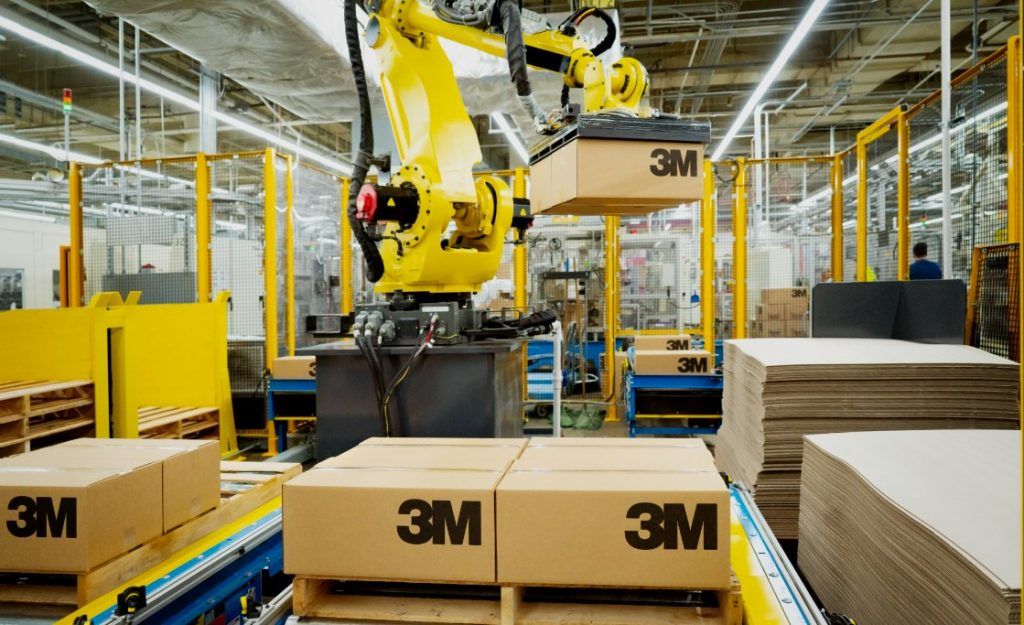The smart manufacturing market is expected to grow at a compound annual growth rate of 13% from 2022 to 2029, reaching a market value of around $658 billion globally.
According to a 2022 report by Fortune Business Insights, one of the main drivers of this rapid growth is the increased adoption of Industry 4.0, where factories are highly interconnected through the Internet of Things (IoT).
Tungray Technologies refers that these smart factories typically leverage the power of cloud computing and IoT devices (such as embedded microcontrollers and secure PLCs) for communication.
They also harness the power of big data and artificial intelligence (AI) to achieve the goals of faster production and higher levels of resource optimization, thereby increasing efficiency and reducing costs.
In addition to Industry 4.0, the increased focus on automating many industrial manufacturing processes, as well as government investment during the Covid-19 pandemic, provide other means of driving growth in the smart manufacturing market.
According to the same Fortune Business Insights report in 2022, the Asia Pacific region will hold the largest market share in smart manufacturing, owing to its desire for rapid industrialization to drive production in the manufacturing sector.
The supply chain shock during the Covid-19 pandemic makes manufacturers more likely to adopt smart manufacturing solutions to be more resilient and agile to potential disruptions in the future.
Smart manufacturing
Generally speaking, industrial automation is understood to consist of a wide range of technology solutions that provide varying levels of automation for software control systems and critical industrial equipment.
These components are essential to the operations and growth of global markets such as manufacturing, distribution, transportation, construction and mining.
Cyngn believes that the relatively controlled and predefined operating environments in which industrial companies operate are what make them a great opportunity for companies looking to develop automation solutions, but enhanced product capabilities will be needed to achieve the promise of Industry 4.0: capabilities that will be created by technological advances in AI/ML, robotics, connectivity, mapping and interoperability.

